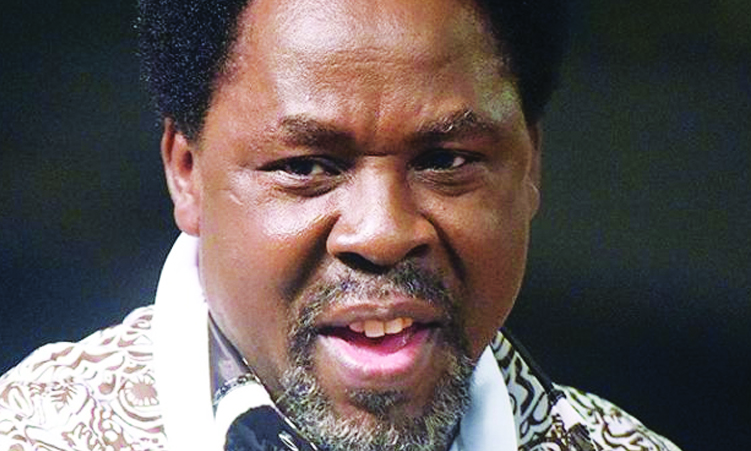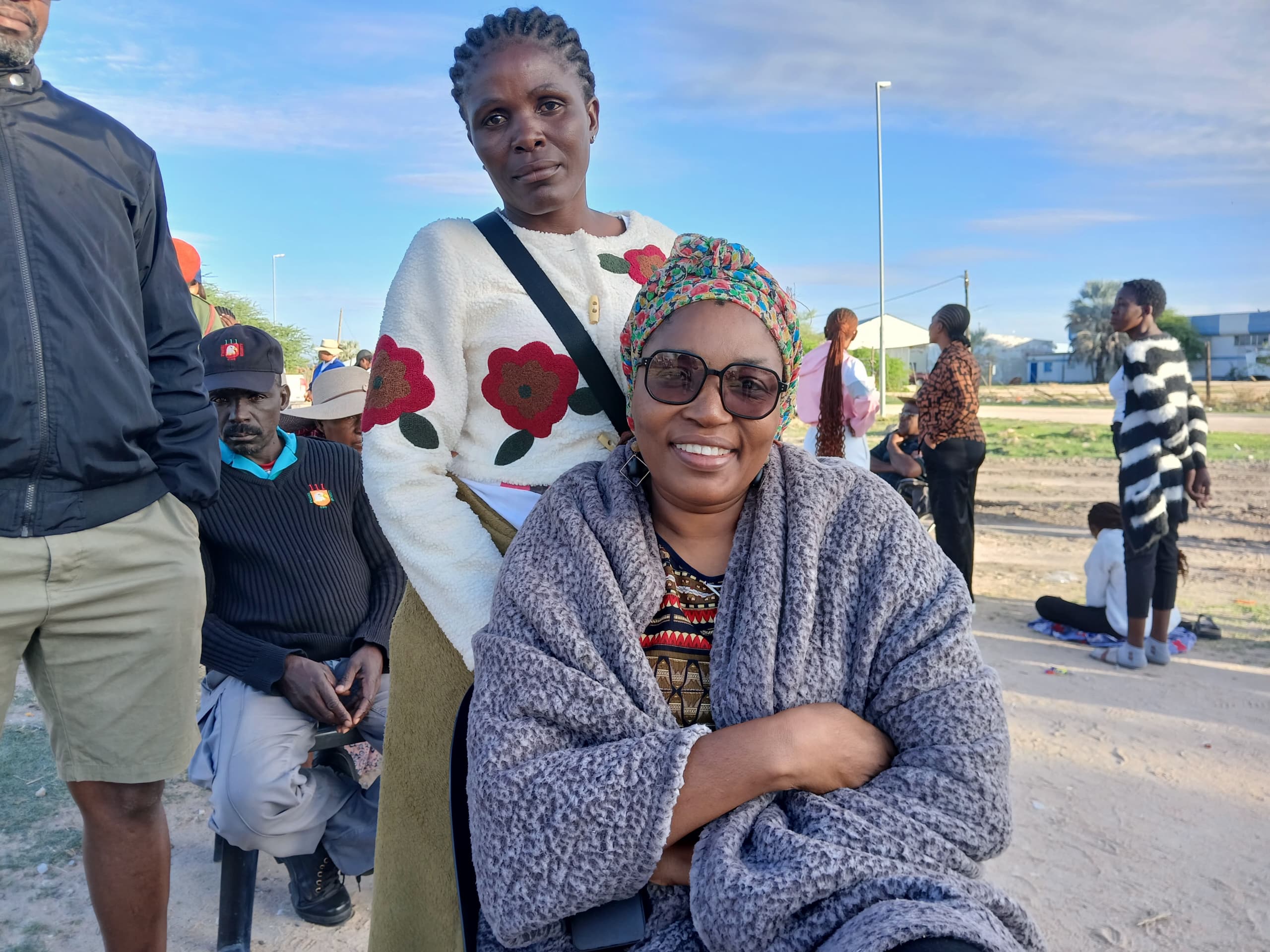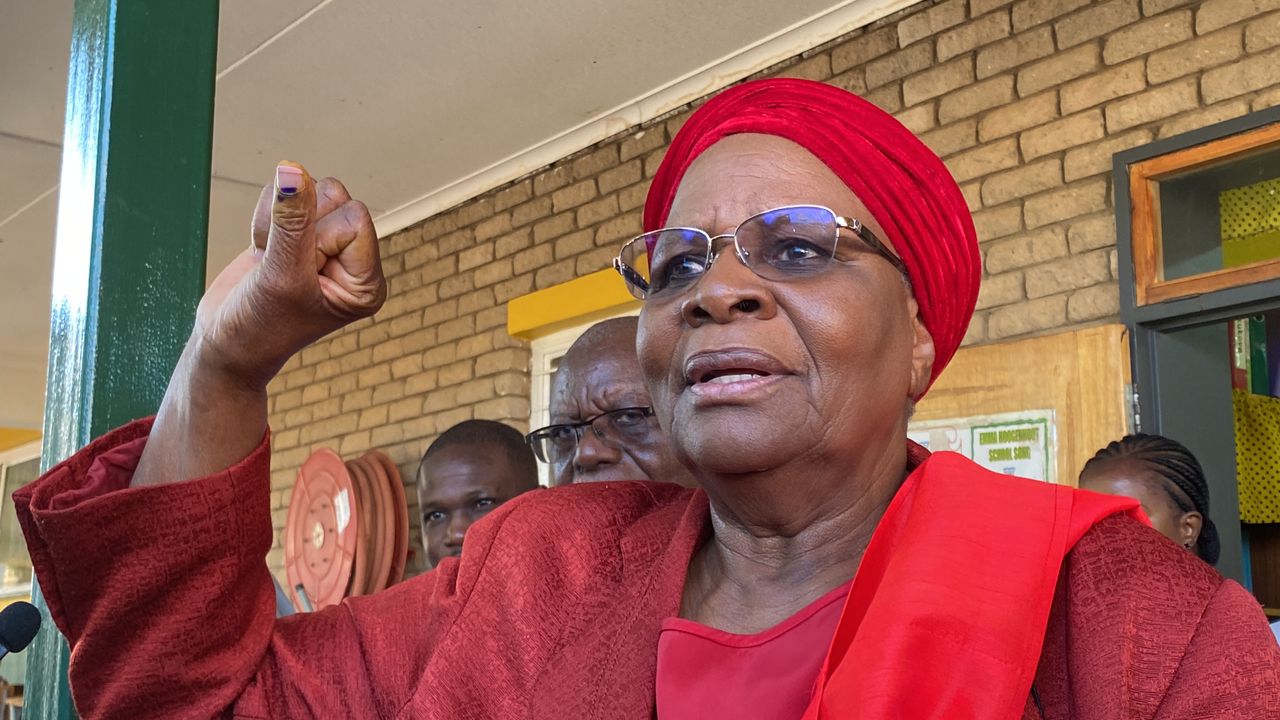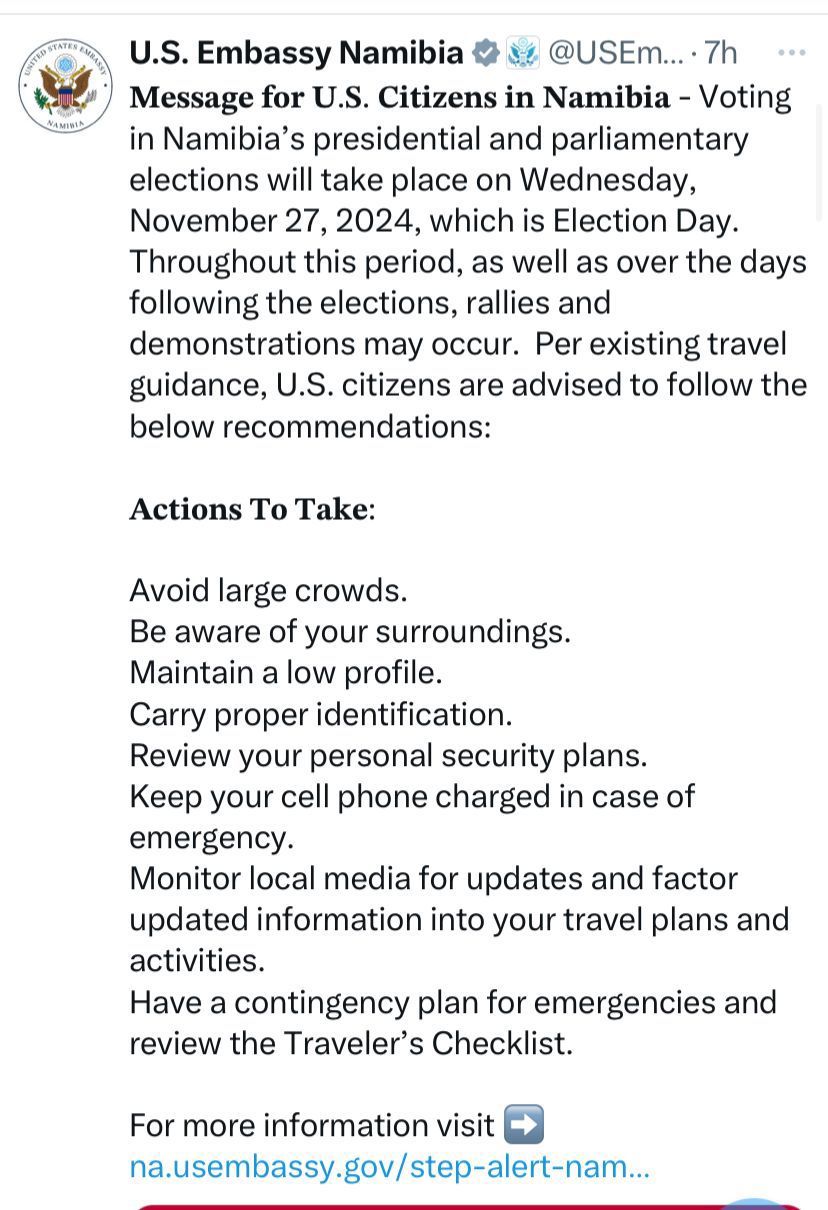“Whatever the case may be, he is dead and gone,” Nkechi Anthony, a Lagos resident and member of TB Joshua’s church, said. “Why all these [accusations] after his death? From my point of view, the evidence and whatever documentary is baseless and pointless,” she said.
Anthony, a charismatic Christian, was reacting to a BBC Eye Africa investigative report that presents multiple victims and sources narrating how the late prominent Nigerian televangelist Joshua sexually and physically abused his followers.
Joshua founded the Synagogue Church Of All Nations (Scoan) in Lagos, Nigeria, in 1987.
“How secretive are those places where they were kept for that long and no one saw all these things till he died?” Anthony asked, adding that the BBC report “is all blackmail and will not negatively impact evangelism in Nigeria, because we all know the allegations are baseless”.
Jerry Edet, another member of Joshua’s Scoan, defended his pastor’s reputation, telling DW all the allegations were simply blackmail.
“Don’t judge anybody when you yourself are going to be judged,” said Edet. “I have gone around the synagogue church, I have even slept there and I don’t know where all these stories are coming from. To me, it might be a kind of blackmailing.”
ACCUSATIONS BAD FOR THE CHURCH
But Joseph Adeleke, a Lagos-based pastor, disagrees.
“The allegations will bring terrible things upon the evangelical body, especially those of us in the prophetic, deliverance and miracle ministry,” he told DW. “It will cause terrible setbacks for the church.”
“These are serious allegations of rape and fake miracles. Many of our members are likely to lose confidence in pastors and the church,” said Adeleke, adding that there had been similar allegations against some pastors in the past.
“This [the rape and torture allegations] is like confirming what people have been hearing before.”
Adeleke’s sentiment was shared as far as South Africa, where Joshua enjoyed a massive following.
“The issue of preachers being accused of all these crimes is a pattern,” said Freeman Bhengu, national coordinator at the United Patriotic Front, a civil society organisation.
“It’s something which is prevalent in Africa, especially in South Africa, whereby we have had preachers who rape,” Bhengu told DW.
“We have had preachers who falsely resurrect people from death, preachers who swindle money from their congregants. It says something about us as South Africans. It says something about us as Africans. We are still weak in the mind. We are still taken [sic] by false prophets of easy money, easy life, quick everything and instant gratification.”
According to local reports, Scoan rejects the allegations made against Joshua in the BBC documentary.
HUMBLE BEGINNINGS
Temitope Balogun Joshua, popularly known as TB Joshua and fondly referred to as ‘The Prophet’ by his followers, was born on 12 June 1963, in Arigidi-Akoko, Ondo State, in south-western Nigeria.
He began his church ministry in the late 1980s after claiming a divine calling at a young age. After founding Scoan in 1987, he quickly gained popularity in Nigeria and internationally.
Joshua’s ministry focused on faith healing, deliverance and prophecy. He became widely known for his televised crusades and the alleged miracles during these meetings. Many followers and attendees claimed to have experienced miraculous healings and deliverances through his prayers.
CONTROVERSIES
Joshua’s ministry was not without controversy. Critics raised concerns about the authenticity of the miracles and healings, while some accused him of exploiting vulnerable people.
Forbes magazine once dubbed him “Nigeria’s most controversial clergyman”.
For Mabel Ndlovu, a South African Christian, many believers in the Christian faith need to go back to the biblical principles. “Within the Christian faith the standard is to be like Jesus and that is to follow what the Bible guides us in doing,” Ndlovu told DW.
“These many things that we are seeing them [some preachers] being accused of, none of that is representative of the Christian faith. None of that is representative of what Christ did.”
Ndlovu added that when people decide to follow certain religious leaders, it says, “we are trusting you as a leader for you to enable us and to equip us in also walking along in this journey of wanting to be like Christ, and we do expect you to hold up and to live according to the biblical standard.”
Sahara Reporters on Tuesday wrote on X, formerly Twitter, that Joshua’s TV platform, Emmanuel TV is ending its services on several satellite stations.
In April 2021, YouTube suspended Joshua’s channel after UK-based rights group Open Democracy filed a complaint against some of the preacher’s videos that purportedly showed him praying to “cure” gay people. – DW
Stay informed with The Namibian – your source for credible journalism. Get in-depth reporting and opinions for
only N$85 a month. Invest in journalism, invest in democracy –
Subscribe Now!






